What are Growth Disorders?
They are problems that prevent children from developing normal height, weight, sexual maturity or other features
Causes of Short Stature:
- It depends on the Etiology of the short stature
- GH replacement is used to treat Growth Hormone Deficiency for children
- Hormone replacement – surgical treatment for brain or adrenal tumor
- IGFD is treated with IGF-1 replacement therapy
Causes of Short Stature:
- Malnutrition
- Kidney Disease
- Liver Disease
- Malabsorption
- Chronic Illness
- Familial Short Stature
- Intrauterine growth restriction (IUGR)
- Hormonal – Thyroid Hormone
- Genetic Syndrome
- Deficiencies in growth hormone. GHD or insulin-like growth factor-1 deficiency (IGFD)
- Neglect & Abuse
Tackling Children Growth Disorders
Children fail to grow for a variety of reasons such as Hormones, genetics, sleep, nutrition, general health and exercise are all factors for normal growth. If you suspect that your child is not growing normally, you are in the right place! Some of the children growth disorders we tackle include:
Growth Hormone Deficiency

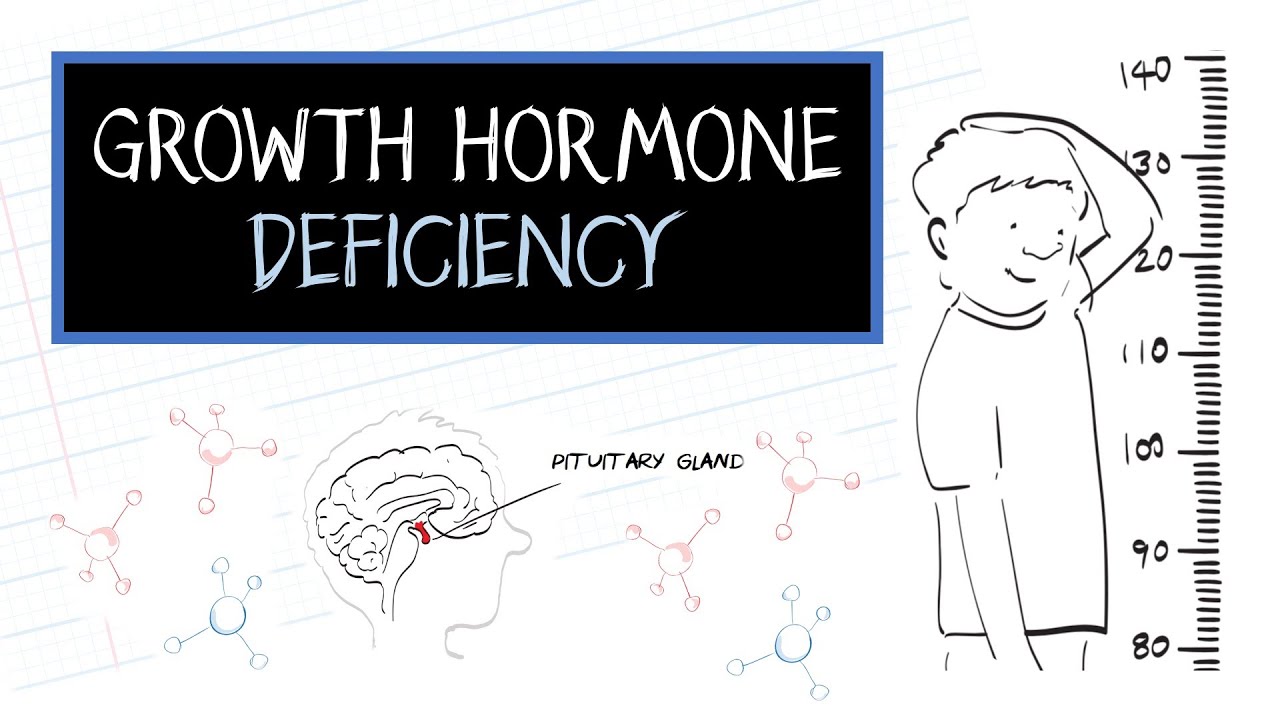
Growth hormone deficiency (GHD), also known as dwarfism or pituitary dwarfism, is a condition caused by insufficient amounts of growth hormone in the body.
Achondroplasia / Skeletal Dysplasia


Achondroplasia and other Skeletal Dysplasia is the most common type of short-limbed dwarfism. The condition occurs in 1 in 15,000 to 40,000 newborns.
Intrauterine Growth Restriction (IUGR)


A condition in which a baby doesn't grow to normal weight during pregnancy. Causes vary but include placenta abnormalities, high blood pressure in the mother, infections and smoking or alcohol abuse.
Congenital Adrenal Hyperplasia (CAH)

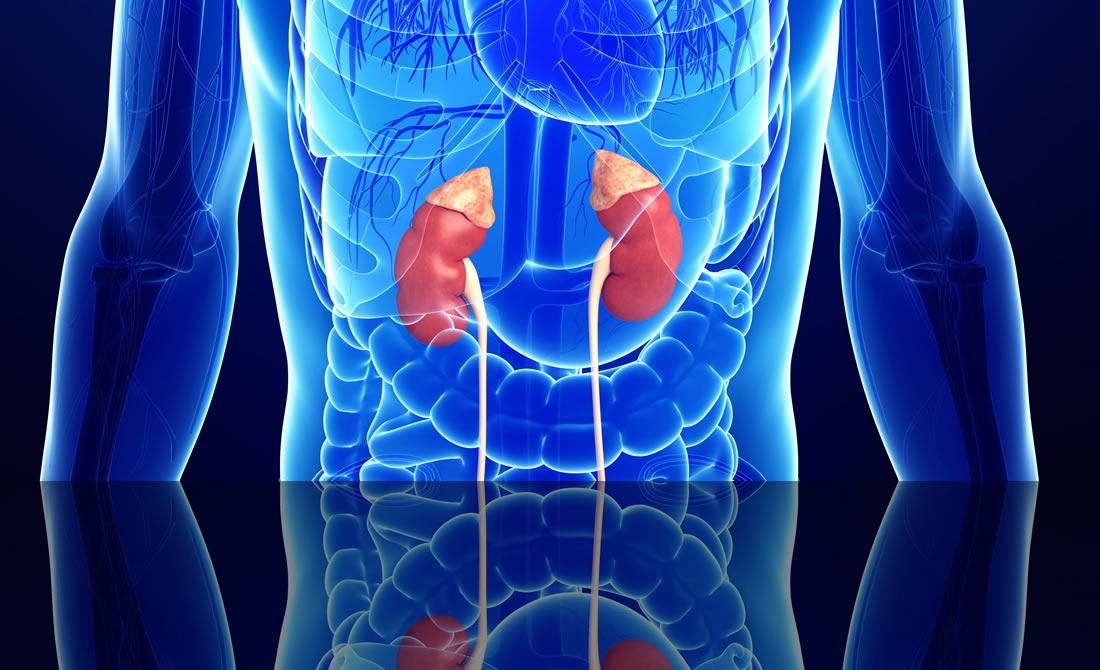
Congenital adrenal hyperplasia (CAH) is a genetic disorder in which the two adrenal glands (located at the top of the kidneys) do not function properly.
Small for Gestational Age (SGA)


Small for gestational age is a term used to describe babies who are smaller than expected for the number of weeks of pregnancy. These babies have a birth weight below the 10th percentile.
Insulin-like Growth Disorder Factor-1 Deficiency (IGFD)

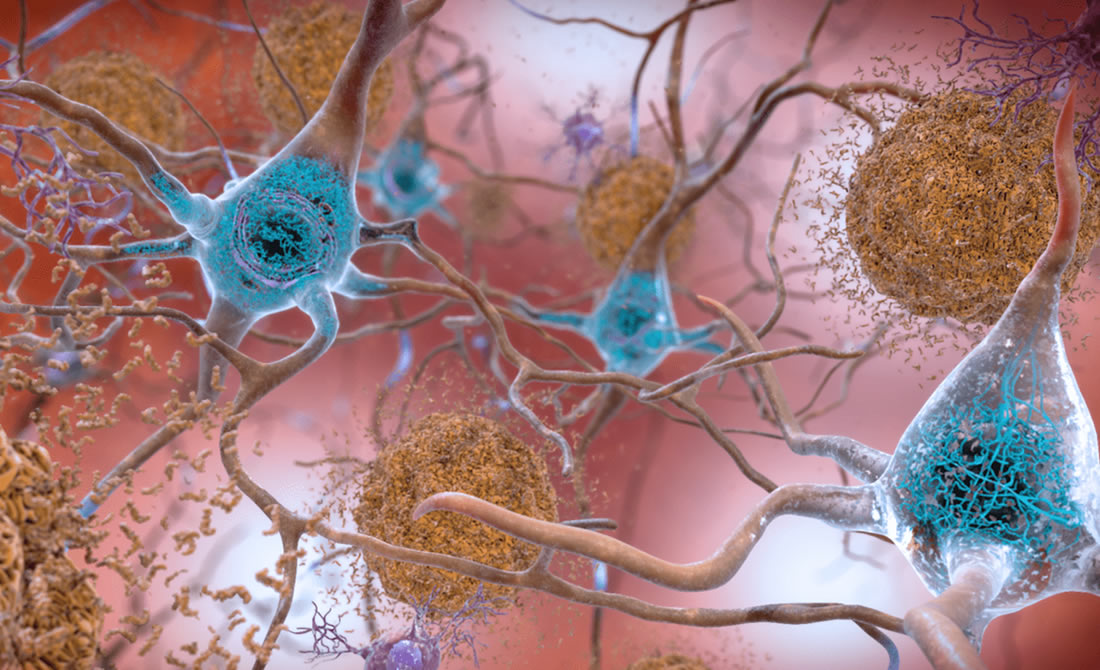
IGF-1 is a hormone that manages the effects of growth hormone (GH) in your body. Together, IGF-1 and GH promote normal growth of bones and tissues.
Cushing Syndrome / Hypercortisolism

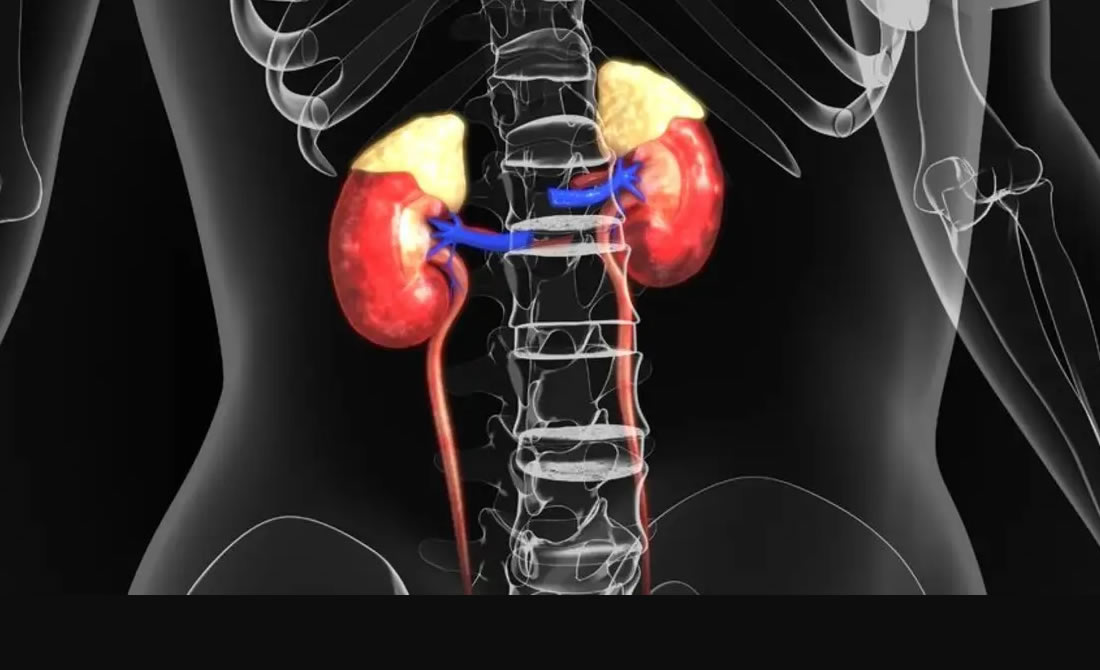
Cushing’s syndrome, also called hypercortisolism, is a condition in which the body produces too much of the hormone cortisol. In most cases, it is caused by an abnormality in the adrenal or pituitary glands.
Hypopituitarism

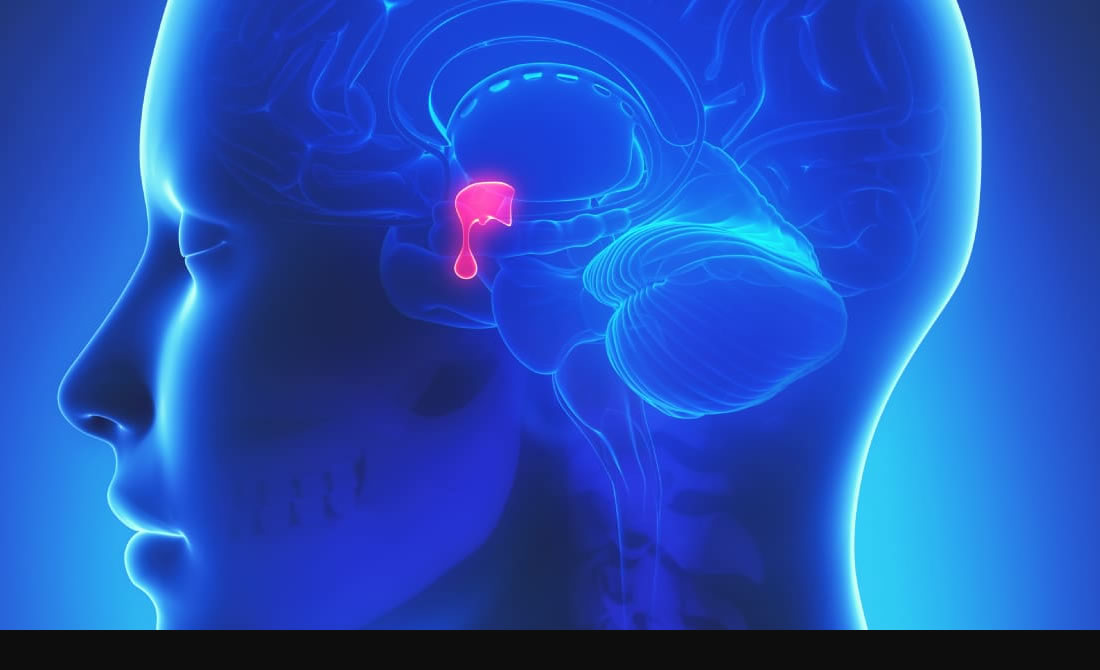
Hypopituitarism is when you have a short supply (deficiency) of one or more of the pituitary hormones. These hormone deficiencies can affect any number of your body's routine functions, such as growth, blood pressure or reproduction.
Noonan Syndrome


Noonan syndrome is a genetic condition that can affect many parts of your child’s body. While symptoms vary widely, they most often include unusual facial features, short stature and heart problems.
Prader Willi Syndrome


A genetic disorder that causes obesity, intellectual disability and shortness in height. Prader-Willi syndrome is a genetic disorder usually caused by deletion of a part of chromosome 15 passed down by the father.
Russell Silver Syndrome


Russell-Silver syndrome is a growth disorder characterized by slow growth before and after birth. Babies with this condition have a low birth weight and often fail to grow and gain weight at the expected rate (failure to thrive).
Thyroid Disorders in Children

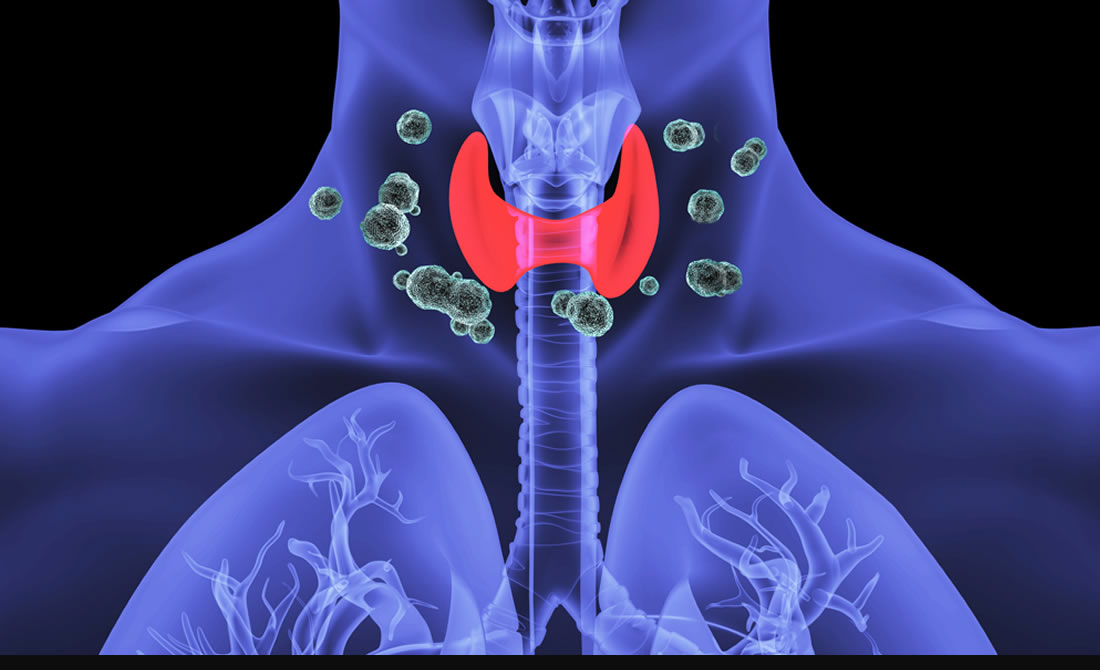
Thyroid hormone problems can happen in both low production called hypothyroidism or high production called hyperthyroidism.
Turner Syndrome

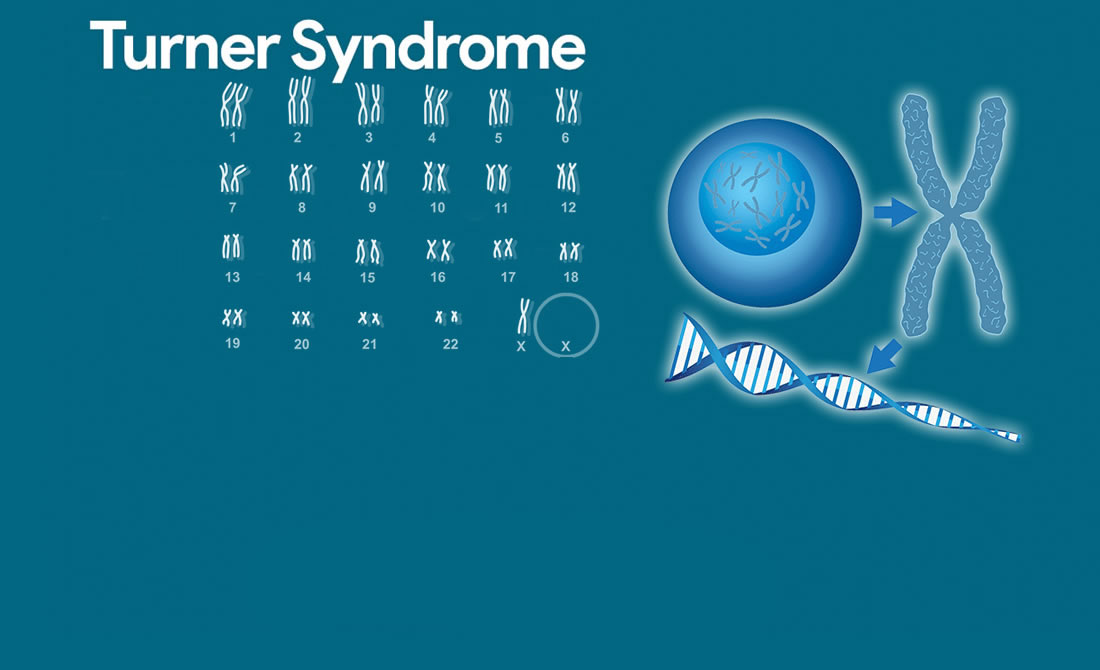
Turner syndrome is a chromosomal disorder in which a female is born with only one X chromosome. It is a female-only genetic disorder that affects about 1 in every 2,000 baby girls.


